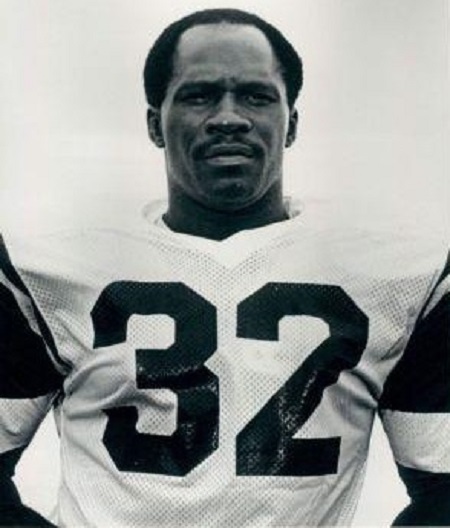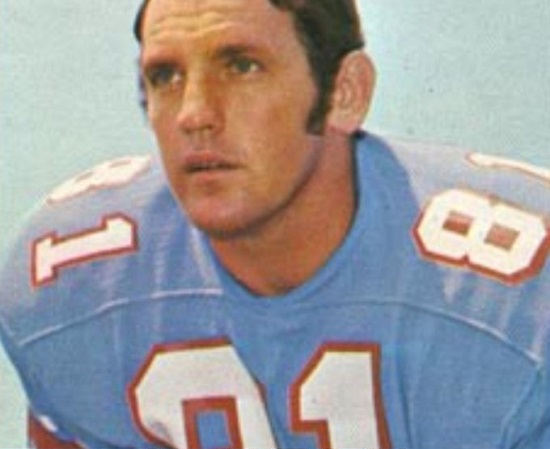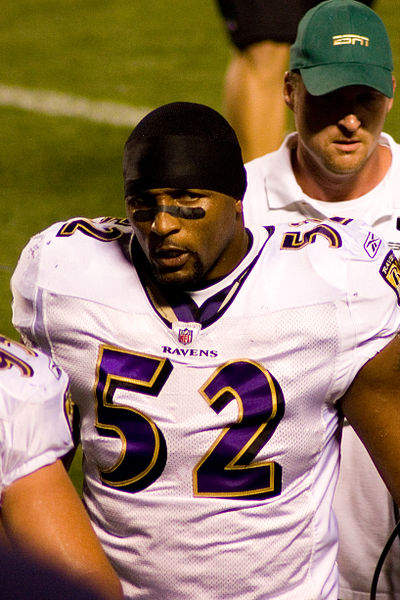The world of professional football has seen countless athletes who have made significant impacts, both on and off the field. While many of these individuals fade into the annals of history, some figures manage to transcend the sport, leaving a legacy that withstands the test of time. Emerson Boozer is undoubtedly one such individual. His contributions to the sport, his community, and American history at large, make him a figure worth studying and remembering.
Early Years: Rising Above the Challenges
Emerson Boozer was born on Independence Day, July 4, 1943, in the Southern city of Augusta, Georgia. Living through an era of racial segregation, he faced challenges from an early age that extended beyond the realm of sports. Nonetheless, Boozer didn’t allow these hardships to become a roadblock in his life. Rather than being confined by adversity, he harnessed it to drive him forward in both his academic and athletic pursuits.
College Career
Boozer attended Maryland State College (now the University of Maryland Eastern Shore) and played running back for the school’s football team. At Maryland State, he gained recognition for his incredible skills, displaying the kind of raw athleticism and vision that coaches dream of. But what truly set him apart was his work ethic. He was not just a phenomenal player; he was also a student of the game, committed to bettering himself and understanding the intricacies of football. His outstanding performance in college led him to be drafted by the New York Jets in 1966.
The AFL and the Jets
Emerson Boozer’s professional career commenced at a pivotal time in American sports history. The American Football League (AFL) was vying for recognition and respect, standing in the shadows of the more established National Football League (NFL). Boozer, selected in the sixth round, quickly became a key player for the New York Jets, bringing his explosive speed and agile moves to a team eager to make its mark.
Boozer was not just a physical player; he was a strategic thinker who understood the importance of team dynamics. This was most evident in his partnership with Joe Namath, the Jets’ star quarterback. Together, they created an offensive duo that confounded defenses and delighted fans. In a sport where individual stars often take the spotlight, Boozer demonstrated that collaboration and teamwork could elevate everyone involved.
Super Bowl III
The pinnacle of Emerson Boozer’s career came in 1969 with Super Bowl III. The New York Jets faced the Baltimore Colts, who were highly favored to win. However, Boozer and his teammates had other plans. Their landmark victory was a testament to their preparation, skill, and unity, marking a significant moment in sports history. Boozer’s blocking abilities were a key factor in the game, providing Namath the time he needed to make decisive plays. With a final score of 16-7, the Jets’ win became an iconic moment that transcended football, symbolizing the potential for the underdog to triumph.
Life After Football: A Legacy Beyond the Gridiron
Upon hanging up his cleats in 1975, Emerson Boozer already had an impressive football resume. However, retirement was merely the beginning of a new chapter in his life. He explored diverse career paths, including stints in broadcasting and the business world. Yet, perhaps the most lasting aspect of his post-football life has been his unwavering dedication to community service.
Drawing from his own experience in overcoming obstacles, Boozer felt a strong desire to contribute positively to society. He became actively involved in a range of philanthropic endeavors and took up causes related to education and social equity. His public platform allowed him to champion these causes effectively. Furthermore, he has served as an invaluable mentor to young athletes, underlining the significance of discipline, academic achievement, and civic participation.
Cultural Significance
Emerson Boozer stands as a significant figure not just in the realm of professional football, but also in the broader context of American history. In an era marked by social upheaval and the Civil Rights Movement, Boozer’s achievements served as both an inspiration and a challenge to societal norms. His success on the field broke barriers, while his dignified manner and community involvement off the field demonstrated the multi-dimensional excellence that individuals can achieve when given the opportunity.
Final Thoughts: Emerson Boozer as a Timeless Icon
The story of Emerson Boozer is a compelling tapestry of tenacity, mastery, and dedication to the greater welfare of society. While his feats on the football field render him a standout in the annals of professional sports, it’s his transformative actions away from the turf that elevate his status to that of an authentic legend. Boozer’s life journey is a testament to the fact that athletes can transcend their roles in the sports world to become agents of societal change, lighting the way for future generations to excel both professionally and personally.
In a culture often obsessed with the present moment, it’s easy to overlook the trailblazers who set the stage for contemporary achievements. Acknowledging Emerson Boozer’s contributions goes beyond mere nostalgia; it’s an essential step in grasping the intricate layers of American history. His life serves as a lens through which we can examine how sports mirror larger social dynamics and shifts.
In summary, Emerson Boozer symbolizes the remarkable outcomes that can result from the confluence of natural talent, fearless resolve, and the power of individual contribution to fuel communal triumphs. His legacy isn’t confined to his expertise in football; he is, in every sense, a true American icon.





I’m not sure where you’re getting your information, but great topic.